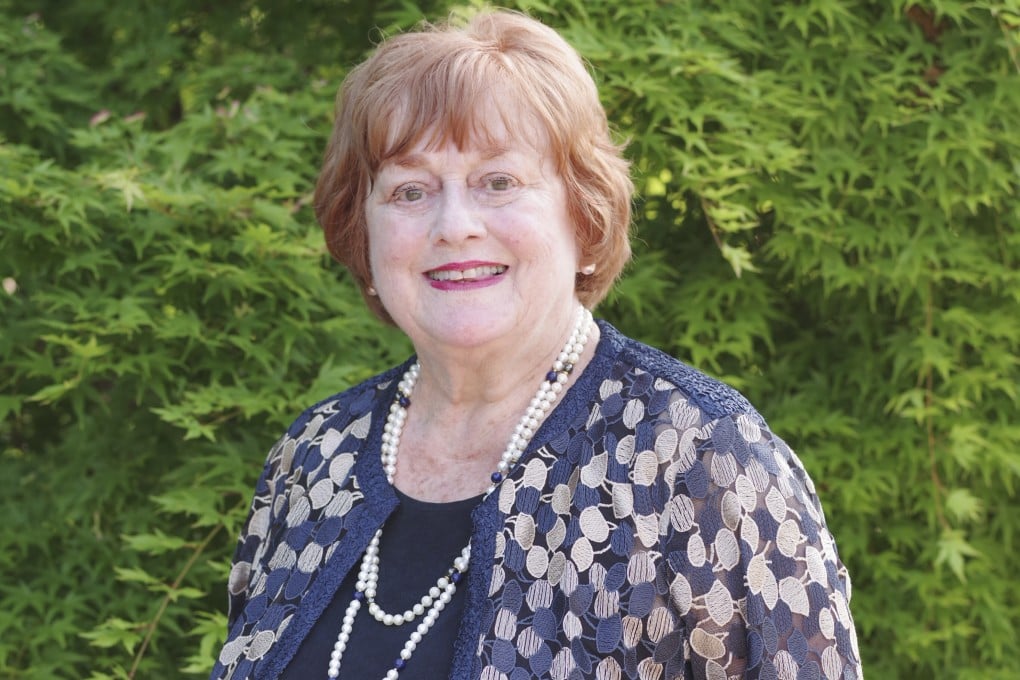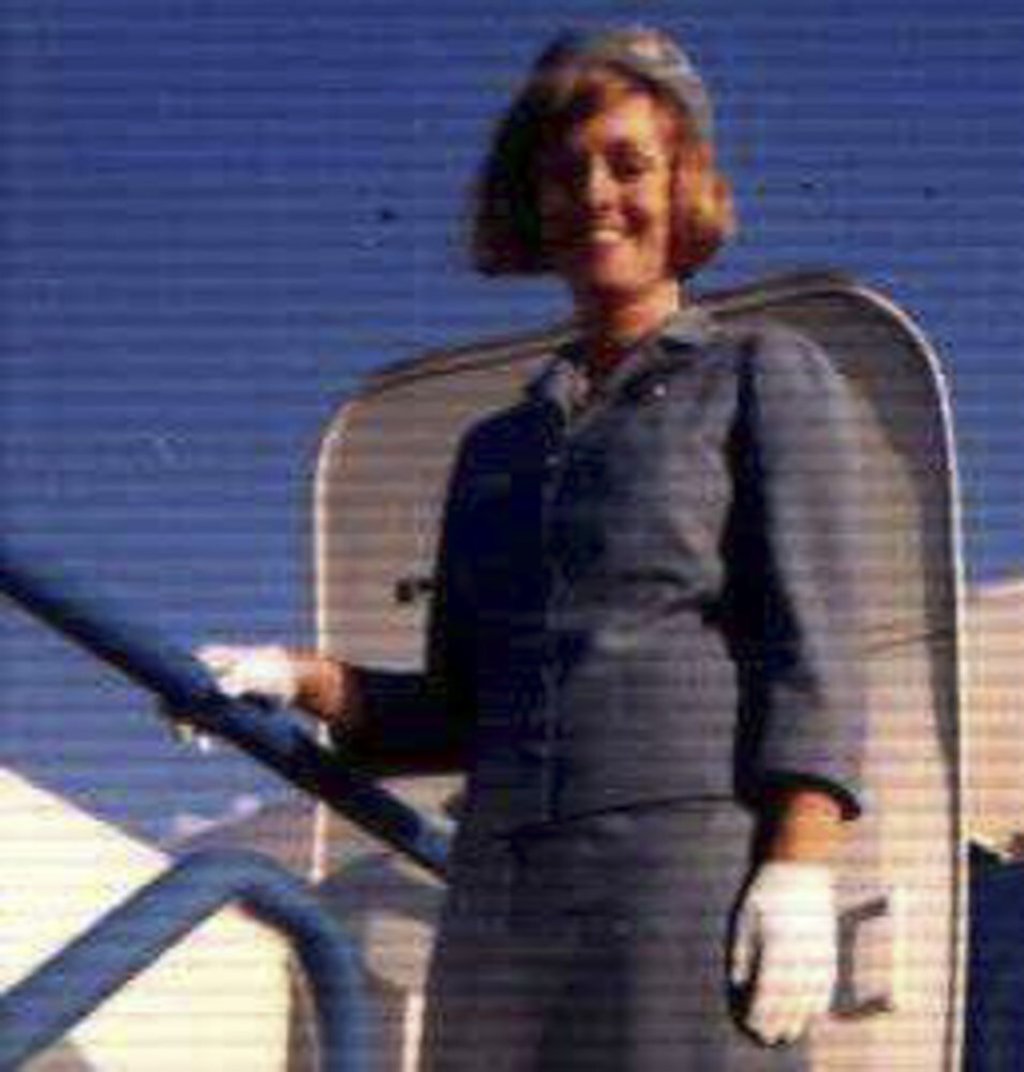Profile | Pan Am flight attendant’s high life in 1960s Hong Kong, flying Vietnam war troops for R&R, and the welcome that surprised her when she went back to Vietnam decades later
- Anne Sweeney worked out of Hong Kong on Pan Am R&R flights, serving steak and giving kind words to American soldiers in the Vietnam war, she tells Chris Dwyer
- When she wasn’t in the air, she was zipping around in an ancient MG, going out to Kowloon dive bars and gambling the nights away in Macau

All American: I was born in a Rhode Island village during World War II and bred during the complacent and compliant 1950s. I was a small-town girl with visions of faraway places, wanting to break away to find a wider world aboard the blue and white jets of Pan American World Airways. Shopping in Hong Kong, surfing in Hawaii, dining in Paris – a far cry from home. My story is quintessentially American.
Air heading: As a senior at a Catholic women’s college, I had no promise of an “engagement ring by spring”. Career options available to women then were limited – secretary, teacher, nurse – and, for a select few, airline stewardess. After an intensive interview in Philadelphia, Pan Am hired me to start after graduation, assuming I still met the stringent qualifications, which included 20/20 vision, straight teeth, a slim figure and fluency in a foreign language.
G.I. Joes: I was a 25-year-old stewardess when that now-dated word was filled with glamour, adventure and promise. After three years with the iconic airline, I had already seen my share of the world, but a new assignment raised the bar considerably. I had just arrived at Pan Am’s Hong Kong base, assigned to the R&R (rest and recuperation) flights that Pan Am operated for the US government (to support the Vietnam war effort) for a token profit of US$1 per year.
We flew into Saigon, Cam Ranh Bay and Da Nang, picked up soldiers and took them to spend five days in the bars and brothels of Bangkok, Hong Kong, Kuala Lumpur, Penang, Singapore and Taipei. Most of them were young draftees from the slums, barrios, factories and farmlands of America. I’ve seen their names on the Vietnam Veterans Memorial – Leroy, Manuel, Billy Joe.

Steak and kind words: We worked hard to make our military passengers happy with meals of steak, milk and ice cream. We wanted to help the war effort and the young men who were, for a few short hours, in our care. We chatted, mailed letters, listened to tales of lovers left behind and comrades felled by sniper fire from an unseen enemy.